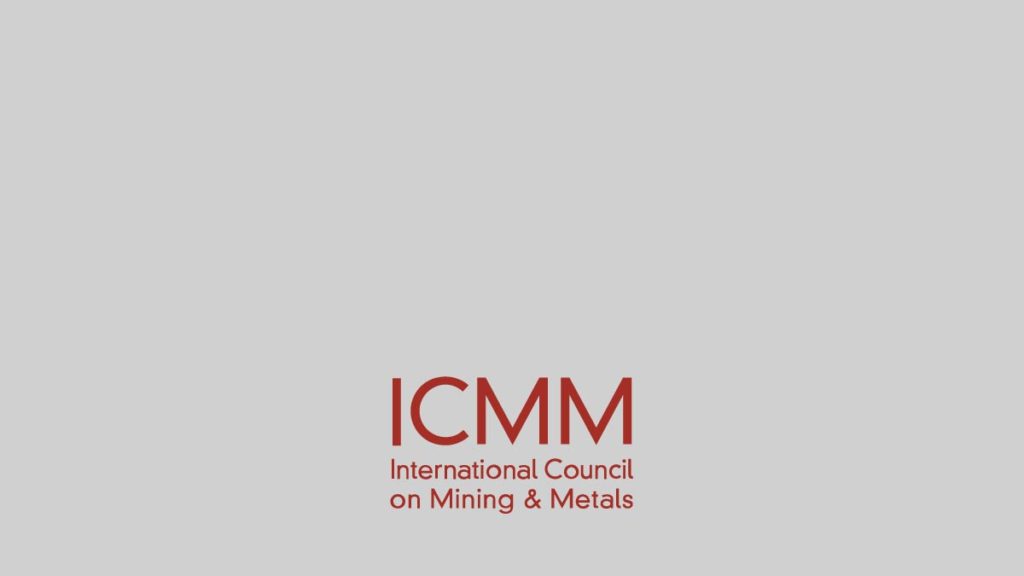
Tool 4 – Closure Planning and Implementation
Mining operations should be closed in an environmentally and socially responsible manner, with the objective of ensuring sustainable, ‘productive’ post-mining land use. Closure planning is primarily about identifying and implementing opportunities for rehabilitation, restoration and conservation enhancement. It should commence from the project development phase.
Step Guide
STEP
1
STEP
2
Go through each step on the checklist
STEP
3
Refer to pages 43-50 for a greater understanding of the different issues
STEP
4
Read the case studies to understand practical application of the steps
When establishing objectives and targets for closure planning the following should always be considered:
- Regulatory requirements, including national or regional action plans to implement the United Nations Convention on Biological Diversity (CBD)
- Effective consultation with key stakeholders
- Competing interests need to be understood and reconciled
- All available information on biodiversity
- Technical limitations
- Pre-mining land uses and extent of biodiversity degradation
- Is mitigation or enhancement intended?
- Post-mining and tenure and land uses
- Integration into whole-of-lease biodiversity management
- Minimising secondary impacts
- Opportunities for biodiversity improvement
Rehabilitation and pollution prevention
- Implement good practice rehabilitation
- Look at what is achievable and do not raise false expectations with stakeholders
- Look at what other mining operations have achieved
- Consult with local volunteer projects to learn more on native vegetation
- Consider the provision of habitat or re-establishment for rare or threatened plant and fauna species
- Consider using important functional species for erosion control
- Guard against using non-native species
- Consider using compatible biodiversity with priority land use eg the production of food, medicines or cultural values
Community, Economics, Environment, Ethical Business, Management, Rehabilitation
Sustainable Post-Closure Land Uses – Misima Mines Limited, Papua New Guinea
Effective integration of biodiversity considerations into mine closure planning
Community, Economics, Environment, Ethical Business, Management, Rehabilitation
Involving Communities in Mine Life Planning – Gregory Crinum Coal Mine, Australia
Community and company developing effective mine life planning strategies
Community, Economics, Environment, Ethical Business, Management, Rehabilitation
Restoring Botanical Richness after Bauxite Mining – the Jarrah Forest, Southwestern Australia
Alcoa's scientifically based, best practice rehabilitation procedure

